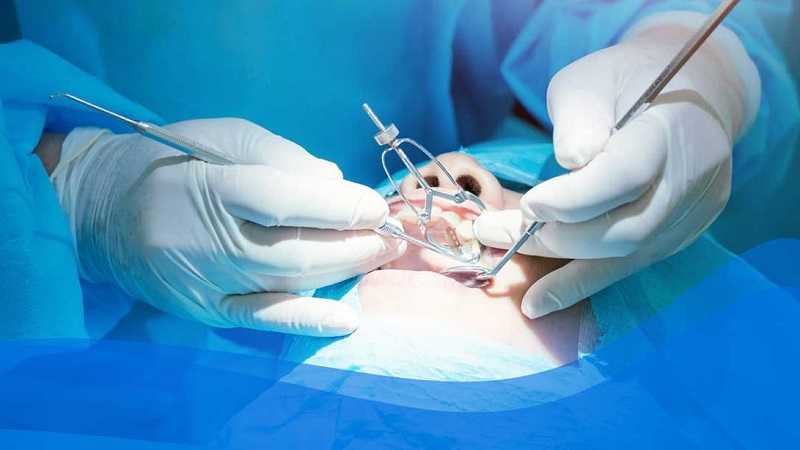What does a maxillofacial surgeon do?
Maxillofacial surgeon services
- Jaw correction surgery : It is performed to correct many minor and major skeletal and dental abnormalities, including the lack of coordination and fit between the jaw and teeth..
- Cleft lip surgery : Surgical repair of cleft lip and palate has many more medical benefits compared to surgery. Cleft lip and palate repair leads to improvement in how infants eat and drink milk from a bottle.
- pull tooth : Tooth extraction can occur for various reasons.
- Obstructive sleep apnea : This disorder is called a type of chronic respiratory disorder in which a person's breathing is disturbed continuously during the night..
- Facial cosmetic surgery : In this type of surgery, the functional and aesthetic aspects of the face, mouth, teeth and jaws.
- TMJ and facial pain : TMJ disorder is a term for any TMJ dysfunction that causes facial pain or other symptoms..
- Facial injuries and wounds : With the help of this method, any fractures of the upper and lower jaws and the bones around the eyes and face are treated..
- Dental implants : In this method, the implant is placed in the jawbone to replace the missing teeth.
- Head and neck cancer : This type of cancer is related to oral cancer; It occurs when abnormal cells lining the cheeks, gums, roof of the mouth, tongue, or lips grow uncontrollably..

Dr. Behnam Khorrami, Isfahan nose surgeon – Follow Isfahan jaw surgeon on Instagram.
Maxillofacial surgery complications
Jaw and face surgery, like any other cosmetic procedure, has complications and disadvantages. One of the common side effects of maxillofacial surgery is infection. The presence of these types of infections is very dangerous for people who have certain diseases such as diabetes. Maxillofacial surgeon prescribes antibiotics to patients to prevent infection. After jaw surgery, there is a possibility of discharge, pain and swelling. These symptoms are completely normal.
These symptoms disappear after a few days. Note that if you experience excessive bleeding, see your doctor. This surgery is performed under general anesthesia. You may have dry throat or sore throat after surgery. The appearance of these symptoms is completely normal and will disappear after a few days. To perform jaw surgery, the maxillofacial surgeon cuts some parts of the inside of the mouth. These cuts usually heal in a short time. It is possible that in some people, especially the elderly, this recovery occurs slowly.
Read more: